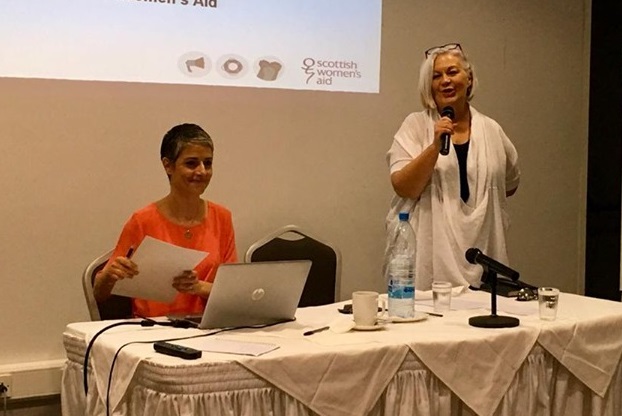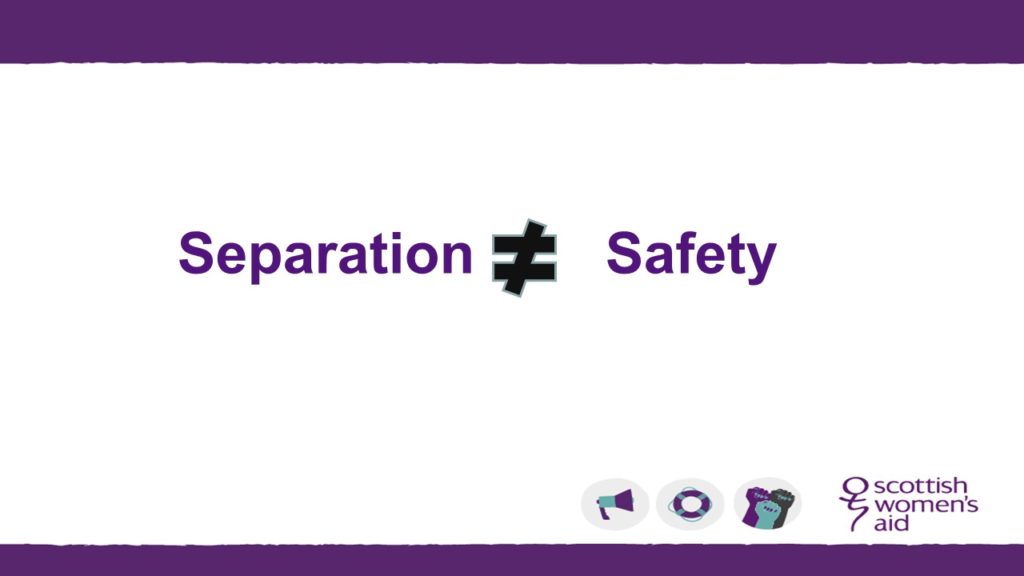Cyprus Stakeholders want greater recognition of the impact on children of living with domestic abuse
The Mediterranean Institute of Gender Studies (MIGS) worked with the Advisory Committee for the Prevention and Combating of Violence in the Family to host the first multi-stakeholder meeting in Cyprus for the Improving Justice in Child Contact project. The aim of the meeting was to discuss current challenges around and opportunities to improve children’s rights in child contact processes and procedures in domestic abuse cases.
The meeting took place on the 28 May 2019 in Nicosia. 35 representatives of relevant stakeholders took part, including social welfare services, Government (e.g. Health, Education), Police, legal services organisations, and independent bodies such as the Office of the Commissioner for the Rights of the Child.
The meeting received the warm support of the Commissioner for the Rights of the Child, who opened the meeting and expressed the need for a child-centred approach to domestic abuse and in court proceedings in particular.

Susana Pavlou and Marsha Scott presenting at the Cyprus IJCC multi-stakeholder meeting
After an initial introduction to the project by Susana Pavlou, establishing its context and implementation in Scotland, Marsha Scott of Scottish Women’s Aid gave a presentation on coercive control and the impact of domestic abuse on children. This gave the participants the opportunity to better understand the project’s rationale and theoretical framework. The participants were very engaged and the discussion provided the opportunity to dispel myths regarding child contact with abusive parents. In feedback after the meeting participants described what they had learned, including that children and women are more at risk when leaving the abusive parent. In the second half of the meeting we discussed what currently happens in the context of domestic abuse and what we want children’s experiences to be.

Scottish Women’s Aid, Slide from presentation to Cyprus IJCC multi-stakeholder meeting
What currently happens to children and non-offending parent in the context of domestic abuse?
- Underreporting of domestic abuse: challenges include fear of victimization and retaliation by the perpetrator. Some participants stressed that the police may discourage victims from making formal complaints.
- Forms of domestic abuse: Physical and sexual violence are prioritized. Psychological violence and coercive and controlling behaviour are poorly defined by law and often not reported or investigated.
- Children’s views and court proceedings: It is not clear how children’s view are taken into account in court proceedings in relation to child custody and child contact – this can happen (according to age and ability to provide an opinion) but it is not standard procedure, it is at the discretion of the judge. The presumption in law and in the courts is that it is in the child’s best interest to have both parents in his/her life. In addition, delays in court proceedings often leads to revictimization of women and children.
- Multi-agency cooperation: Multi-agency cooperation and coordination is weak and services are understaffed and under-resourced. There is also a lack of information sharing among front-line services.
Participants recommended that children participate in the design of domestic abuse prevention and intervention programmes.
What do we want children’s experiences to be in the context of domestic abuse in our sector?
- Victim support infrastructure: We need a stronger victim support infrastructure, with integrated services, to effectively support and protect women and children and to reduce revictimization through the system. Support should include access to housing and childcare. The needs of migrant families should also be addressed.
- Child-friendly procedures: The impact on children of living with domestic abuse should be recognized as a matter for concern by all relevant stakeholders – children are not only ‘witnesses’ to abuse. Including the perspectives of children affected by intimate partner violence should be a priority in direct work with victims and perpetrators and well as in court proceedings. Child impact assessments as well as ‘child advocates’ should be available in court proceedings. The legal aid system must be strengthened for victims and their children.
- Specialized training for all relevant stakeholders and frontline services: Understanding the gendered dynamics of intimate partner violence generally, and coercive control specifically, would help agencies more effectively respond to domestic abuse. Gender equality competence among lawyers and judges should be developed through training and capacity building. Participants also recommended the establishment of specialized domestic abuse units across agencies.
- Legal framework: Changes need to take place both in the legal framework on domestic abuse and in relevant family law, as well as in procedures and practices, in order to ensure that both children’s rights and women’s rights are respected in child contact arrangements in the context of domestic abuse.
- Children’s participation: Participants recommended that children participate in the design of domestic abuse prevention and intervention programmes.
The multi-sector participants clearly showed their interest and engagement in the project – with a consensus that three meetings be held over the span of the project. Our next step is the development of an action plan for improving justice in child contact procedures, which will begin during the next multi-stakeholder meeting planned for October 2019.




Comments are closed
Comments to this thread have been closed by the post author or by an administrator.